Flying too close to The Sun: do newspaper endorsements matter any more?
Power of the press has diminished but can still set the terms of the debate and signify direction of travel
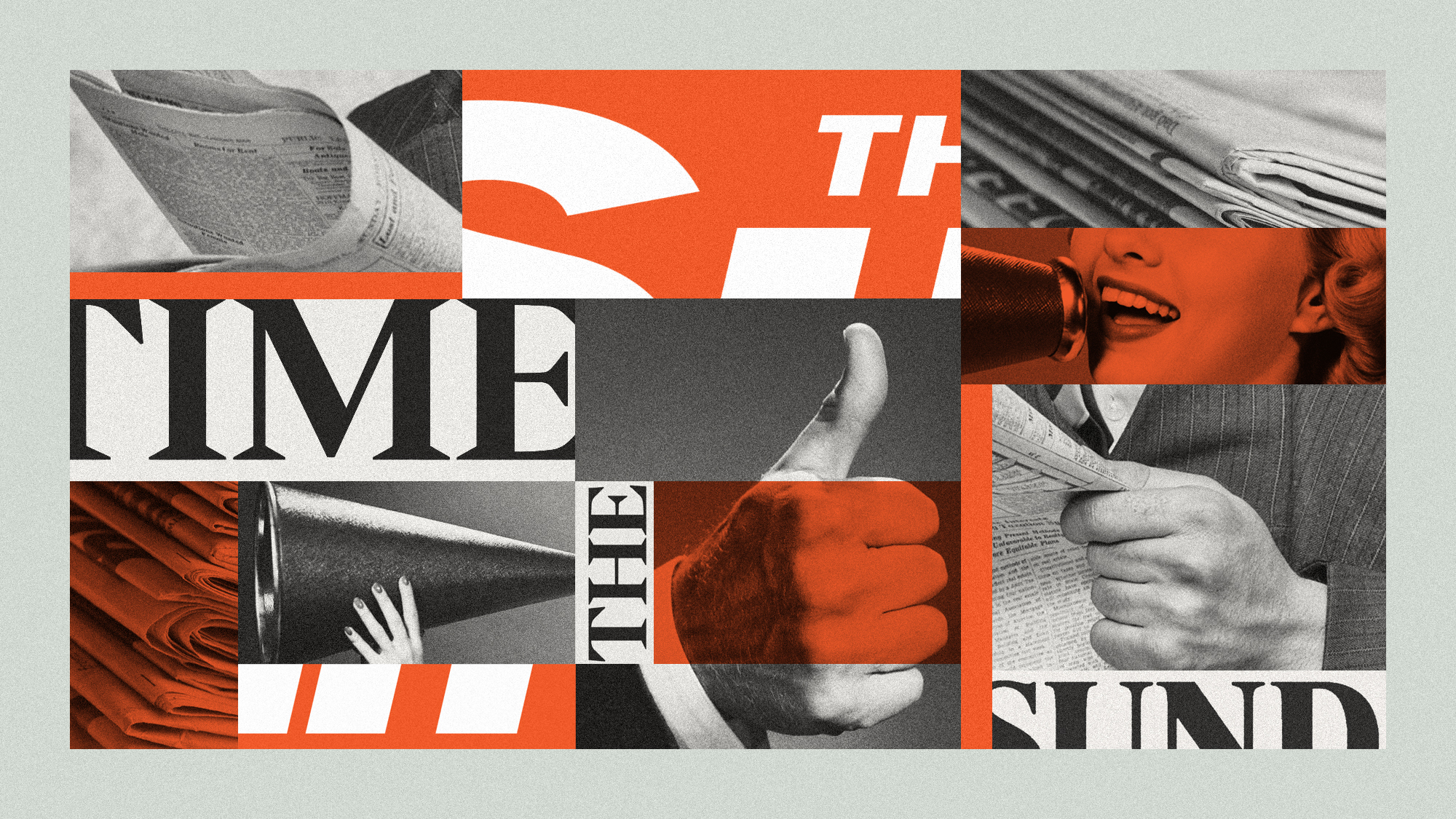
A free daily email with the biggest news stories of the day – and the best features from TheWeek.com
You are now subscribed
Your newsletter sign-up was successful
"It's the Sun wot won it" has gone down in British political folklore as the moment newspapers allegedly proved they had the power to swing an election.
The infamous front-page headline followed John Major's victory in the 1992 general election after being endorsed by The Sun, then the most widely read paper in Britain.
Three decades on, the power of the tabloid press has diminished significantly, but former Sun editor David Yelland told The New Statesman last year that newspaper endorsements were still "important" and "reverberate around the Westminster village like sonic booms".
The Week
Escape your echo chamber. Get the facts behind the news, plus analysis from multiple perspectives.

Sign up for The Week's Free Newsletters
From our morning news briefing to a weekly Good News Newsletter, get the best of The Week delivered directly to your inbox.
From our morning news briefing to a weekly Good News Newsletter, get the best of The Week delivered directly to your inbox.
What did the commentators say?
Although newspaper endorsements are "no longer as significant" as they were in past elections, said the i news site, they are "still highly sought after" by political parties.
Take Labour, which despite a consistent 20-point lead over the Conservatives, has spent considerable time and effort trying to woo Fleet Street, particularly the Rupert Murdoch-owned stable: The Times, The Sunday Times and The Sun.
Ayesha Hazarika, a former Labour adviser who now sits in the Lords, told i news that although newspaper endorsements are "not as potent as they once were", it was still a "significant move" for The Sunday Times to back Labour for the first time in almost 20 years. Support for Scottish Labour in the Daily Record and Sunday Mail was "also worth noting", she said, as polls suggest the party is neck and neck with the SNP.
It might matter less today than a decade ago but winning the support of The Sun, which has backed the Conservatives for the past 15 years, and to a lesser extent The Times, is seen as a "symbolic prize" by the Labour leadership, according to i news.
A free daily email with the biggest news stories of the day – and the best features from TheWeek.com
The Sun and Times's collective circulation may have fallen below a million – compared to The Sun's four million daily copies in 1997 – but they still hold a "special sway" over the Starmer operation, said Archie Bland in The Guardian. Along with their Sunday counterparts, the two Murdoch-owned papers are "viewed as the only Tory-supporting newspapers that might be turned".
Pat McFadden, Labour's election campaign coordinator, suggested as much when he told LBC that these endorsements "matter" because they demonstrate broadening appeal.
Yes, the number of voters likely to be persuaded by a formal endorsement would probably be "trivial", said Bland. "But if an editor can be persuaded that Starmer deserves a shot, Labour's stories will get a more sympathetic hearing."
Attaining a "Blair-ish breadth of support" could reassure some voters. Likewise, the "BBC – more influential than any newspaper – is still swayed by Fleet Street's choices, starting with Radio 4’s 'Today' programme and echoing through the rest of the day".
"Influence the input, and you will have fewer occasions to scream at the editor of the 'Six O'Clock News'," said Bland.
Starmer biographer and former Labour adviser Tom Baldwin said that while a formal endorsement from The Sun would be a "bonus", the leader's main priority has been to avoid the kind of "campaign of vilification" that the paper unleashed on his predecessors Gordon Brown, Ed Miliband and Jeremy Corbyn.
What next?
"Sceptics have long argued that The Sun simply backs the party it already expects to win," said William Turvill in The New Statesman, "and that, while front pages and scoops do influence readers, endorsements themselves sway few voters." And "this feeling is only strengthened by the decline in newspapers' print fortunes".
But endorsements do still matter in one sense, said Yelland, "because they can become a self-fulfilling prophecy and because, especially in the case of Rupert Murdoch, there are very few examples – if any – of his papers getting it wrong". They matter "because the political parties, leaders and the lobby are obsessed with them".
If Labour wins on Thursday, as is widely expected, it "won't be because of its press backing", said Politics.co.uk. "But like any observer of events, newspaper editorial boards can see the direction of travel."
Any further endorsements "will only strengthen the 'Change' narrative at this election's core". Ultimately, Fleet Street's backing of Starmer "amounts – at the very least – to another striking sign of the times for Rishi Sunak et al".
-
 How to Get to Heaven from Belfast: a ‘highly entertaining ride’
How to Get to Heaven from Belfast: a ‘highly entertaining ride’The Week Recommends Mystery-comedy from the creator of Derry Girls should be ‘your new binge-watch’
-
 The 8 best TV shows of the 1960s
The 8 best TV shows of the 1960sThe standout shows of this decade take viewers from outer space to the Wild West
-
 Microdramas are booming
Microdramas are boomingUnder the radar Scroll to watch a whole movie
-
 Why X could face UK ban over Grok deepfake nudes
Why X could face UK ban over Grok deepfake nudesThe Explainer Ofcom is investigating whether Elon Musk’s AI chatbot breached Online Safety Act
-
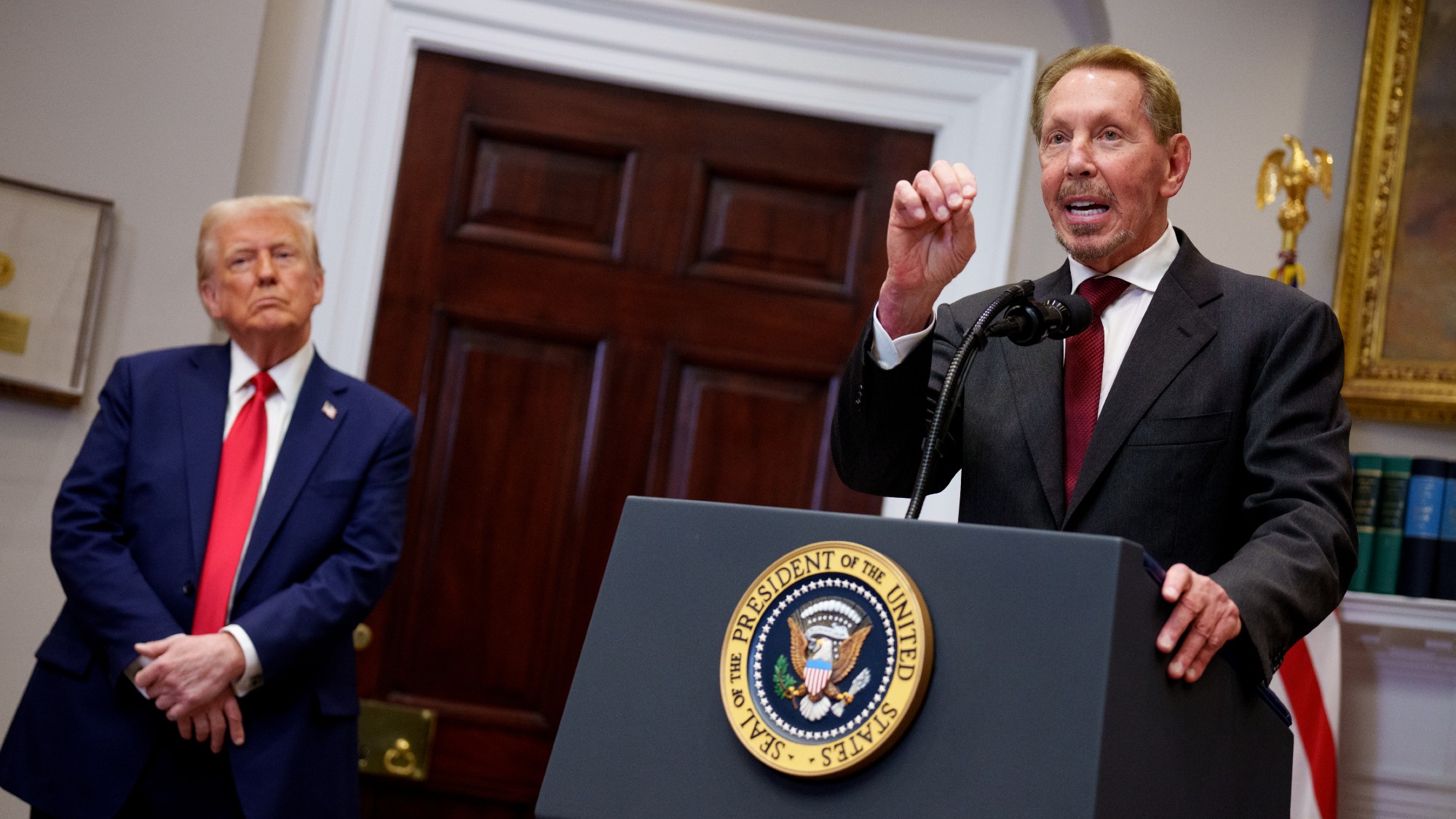 Larry Ellison: the billionaire’s burgeoning media empire
Larry Ellison: the billionaire’s burgeoning media empireIn the Spotlight Oracle founder’s takeover of traditional and new media companies labelled ‘dangerous for democracy’ by US press watchdog
-
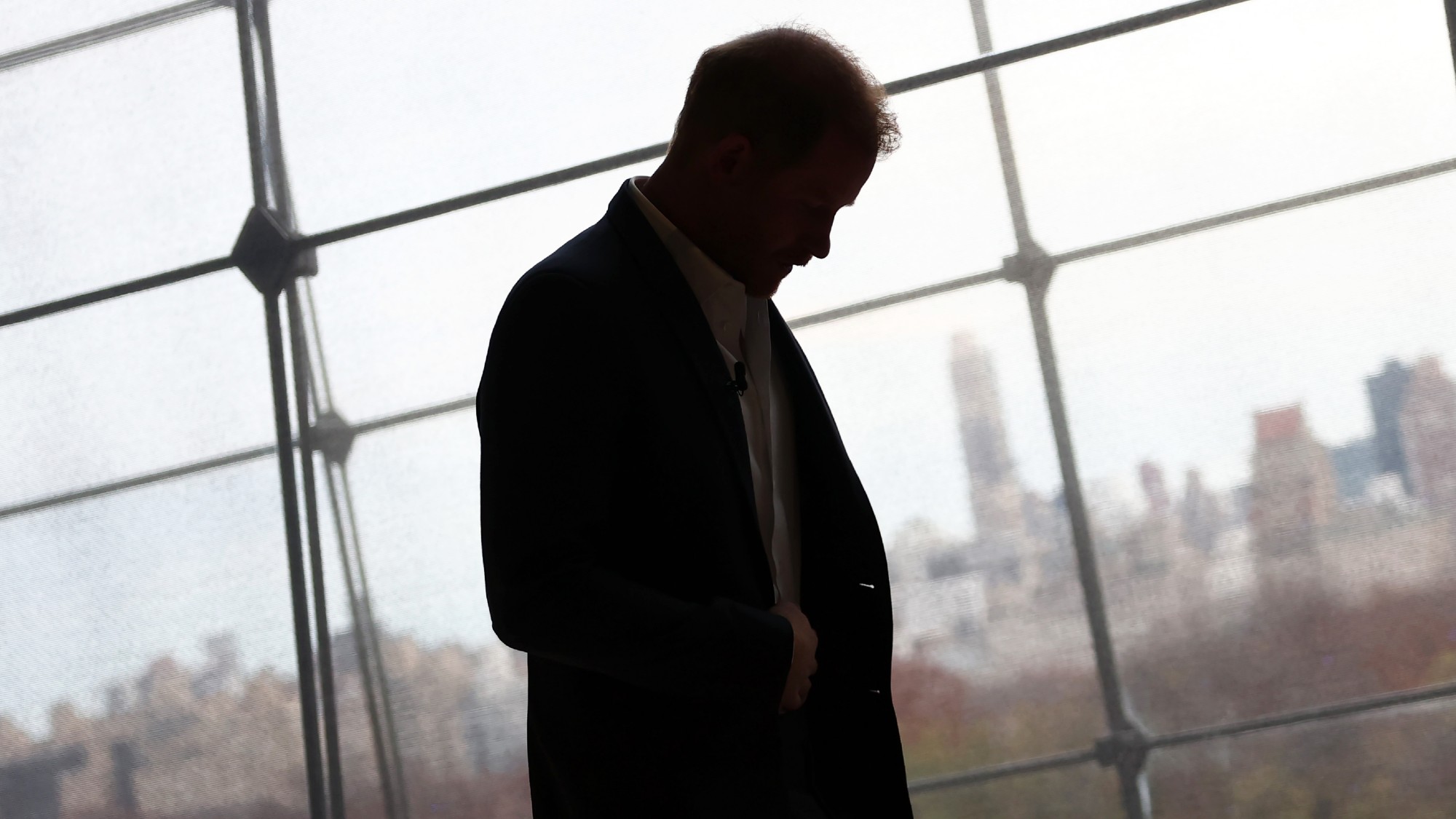 Phone hacking: victory for Prince Harry?
Phone hacking: victory for Prince Harry?Talking Point Even those who do not share the royal's views about the press should 'commend' his dedication to pursuing wrongdoing
-
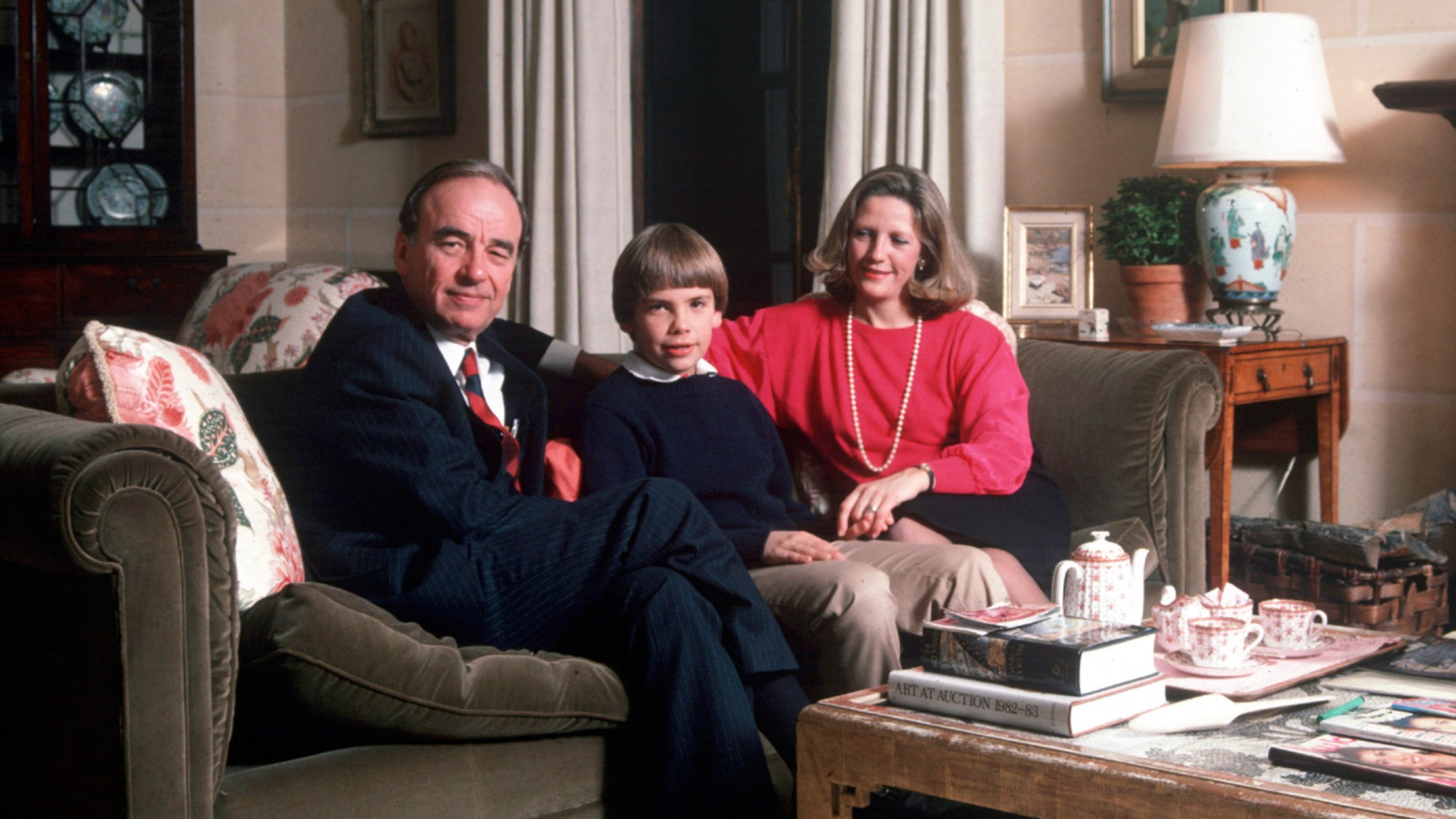 Rupert Murdoch's succession problem
Rupert Murdoch's succession problemTalking Point A court ruling has thrown the future leadership of News Corp and Fox wide open. What next?
-
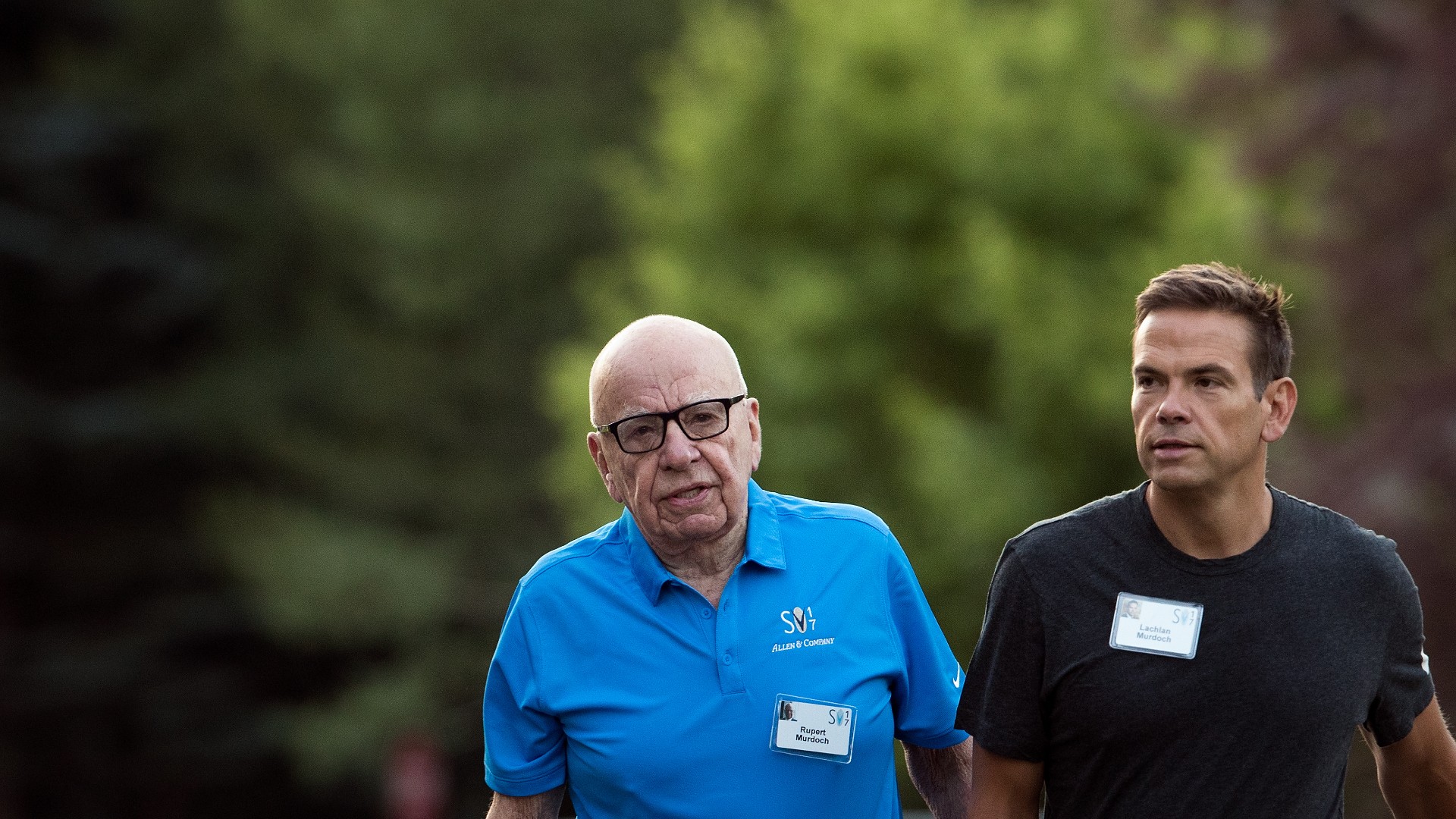 Rupert Murdoch's behind-closed-doors succession court battle
Rupert Murdoch's behind-closed-doors succession court battleThe Explainer Media mogul's legal dispute with three of his children over control of his influential empire begins today
-
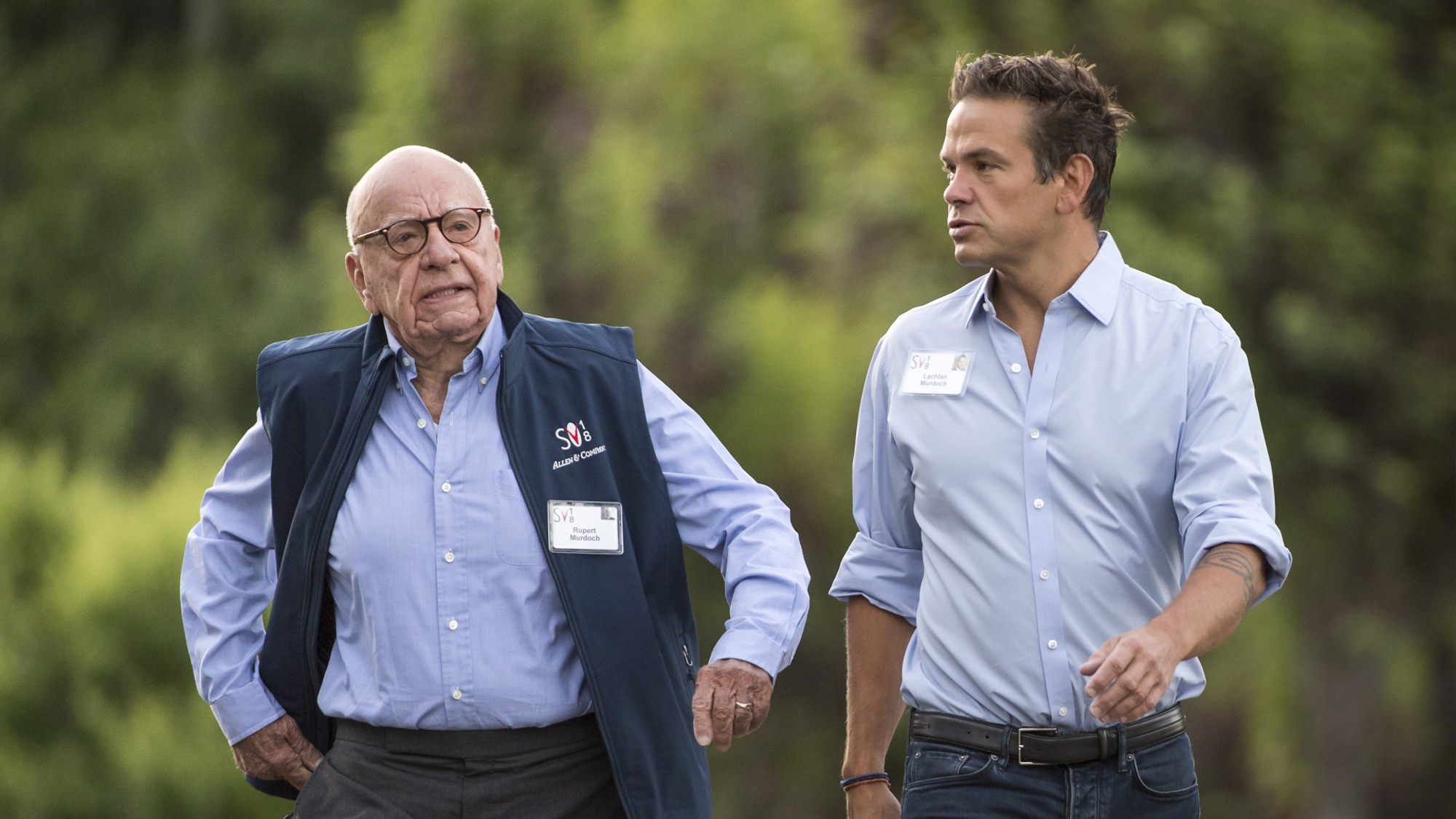 Rupert Murdoch is in a 'Succession'-style rift with his kids over his media empire
Rupert Murdoch is in a 'Succession'-style rift with his kids over his media empireThe Explainer Murdoch and his son Lachlan are attempting to maintain his empire's conservative swing following his eventual death
-
 The UK's first TikTok election
The UK's first TikTok electionThe Explainer Labour and Conservatives launch on the video-sharing app deemed so valuable by US Democrats in reaching young voters
-
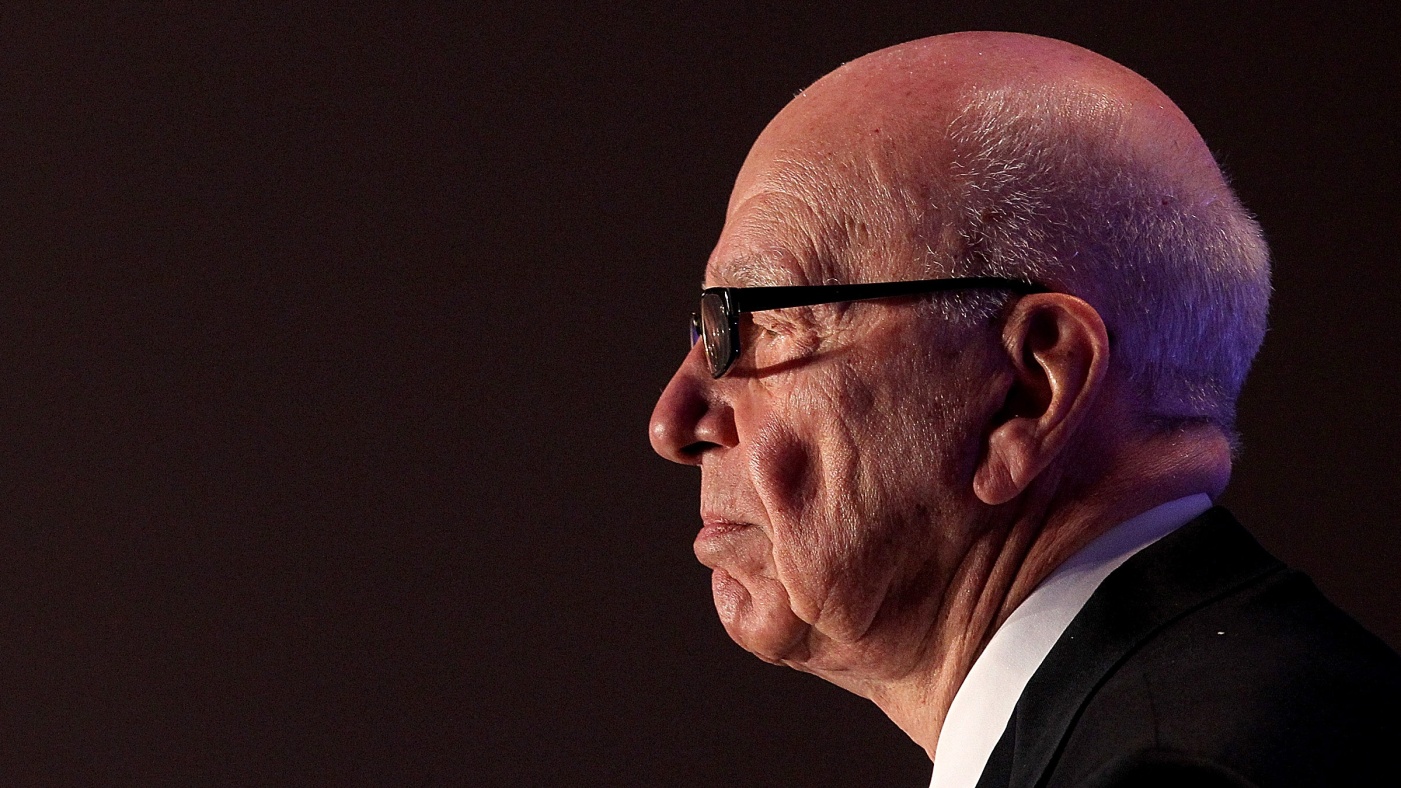 Rupert Murdoch steps down: a legacy of power and scandal
Rupert Murdoch steps down: a legacy of power and scandalTalking Point Lachlan Murdoch succeeds his father as head of media empire